Publications
Articles, publications, books, tools and multimedia features from the U.S. Institute of Peace provide the latest news, analysis, research findings, practitioner guides and reports, all related to the conflict zones and issues that are at the center of the Institute’s work to prevent and reduce violent conflict.
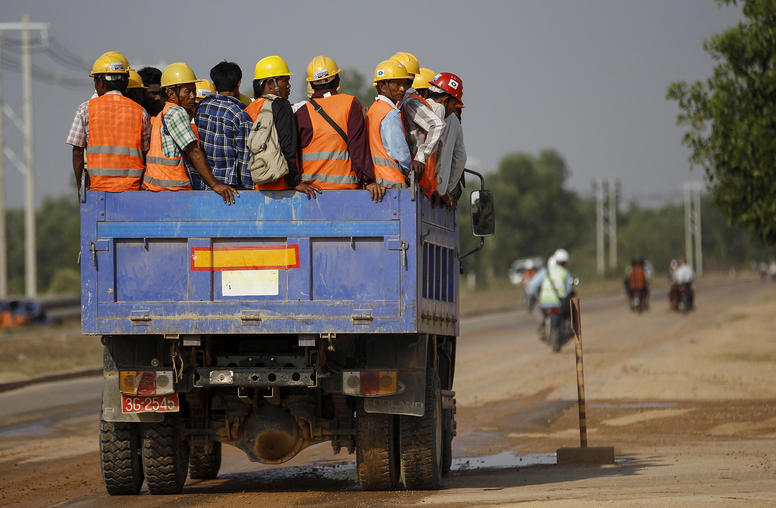
The Intersection of Investment and Conflict in Myanmar
Developing countries throughout Asia, Africa, and Latin America are grappling with how to deal with China's rising economic influence—particularly the multibillion-dollar development projects financed through China’s Belt and Road Initiative. Myanmar, however, appears to be approaching foreign investment proposals with considerable caution. This report examines the framework the country is developing to promote transparency and accountability and to reserve for itself the authority to weigh the economic, social, and environmental impacts of major projects proposed by international investors, including China.
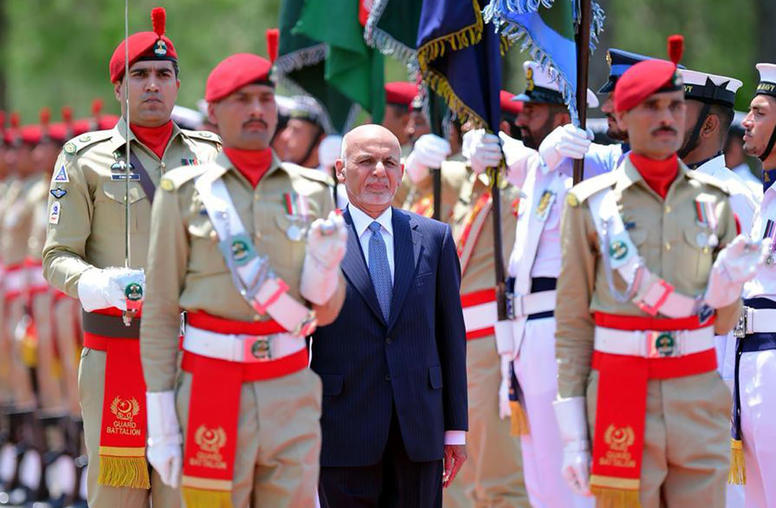
The India-Pakistan Rivalry in Afghanistan
The most consequential regional competition for influence in Afghanistan is the contest between India and Pakistan. Indian leaders strive to cultivate Afghanistan as a natural partner and reliable bulwark against Islamic militants, including Pakistan-backed groups, while Islamabad seeks to counter what it regards as an Indo-Afghan nexus to encircle and weaken Pakistan. This report examines the interests and strategies of both countries in Afghanistan within the context of peace negotiations and developments in Kashmir.
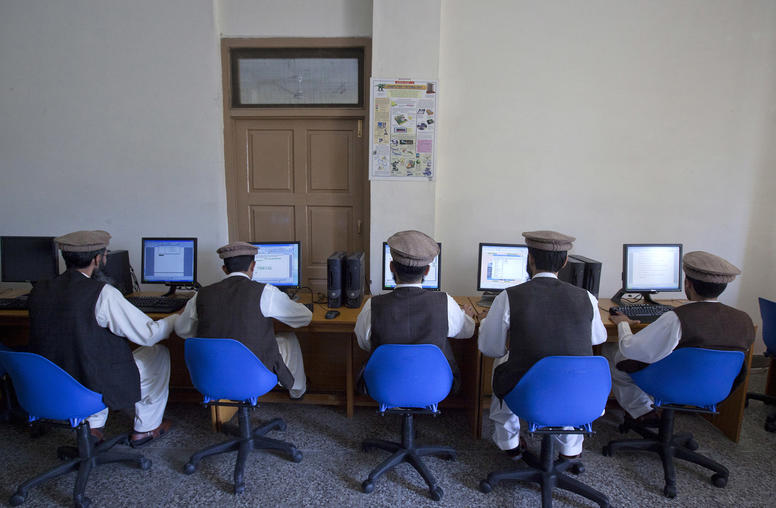
Understanding Pakistan’s Deradicalization Programming
Pakistan has struggled with Islamic militancy since the rise of the mujahideen in the 1980s. In the late 2000s, the Pakistan Army began establishing rehabilitation centers in the Swat Valley in an effort to deradicalize former Taliban fighters and other militants and reintegrate them into their communities. This report contrasts Pakistan’s deradicalization approach with the community-based program used in Denmark and the widely different prison-based program used in Saudi Arabia, and identifies areas in which the army’s approach could benefit from more extensive partnering with civilian-based organizations.
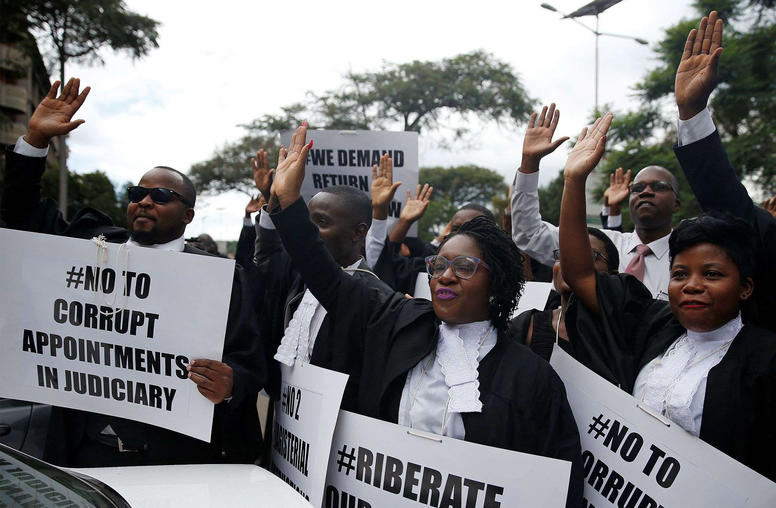
The Challenges for Social Movements in Post-Mugabe Zimbabwe
Civil society and social movements have long been at the center of pushing back against corruption and authoritarian practices. Zimbabwe was no exception in the run-up to the November 2017 coup d’état that ousted Robert Mugabe after four decades of unaccountable rule. This report, based on in-country interviews and focus group discussions, examines the transition that followed the coup to draw broader lessons for how the international community can support, without harming, grassroots nonviolent action initiatives in countries undergoing profound political shifts.
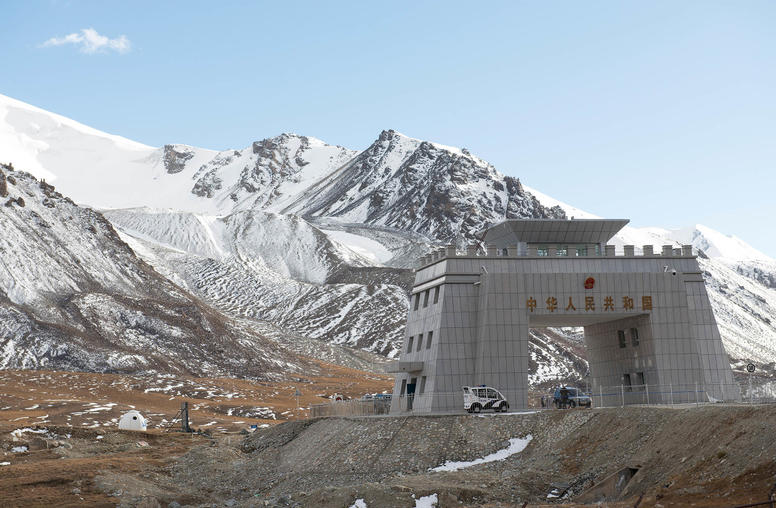
Strategic Implications of the China-Pakistan Economic Corridor
Great power politics is resurgent in South Asia today. China’s growing military ambition in the region is matched in financial terms by its Belt and Road Initiative, the largest and most advanced component of which is the China-Pakistan Economic Corridor. What remains unclear is how the United States should navigate the new dynamic. This report, which is based on research and consultations with experts worldwide, addresses the question of how the India-Pakistan rivalry will play into the emerging great power competition.
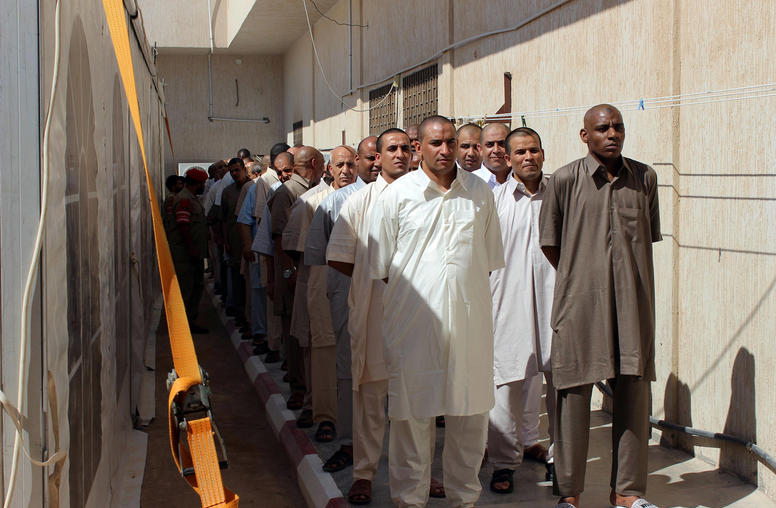
Managing the Secure Release of Sensitive Detainees in Libya
During the 2011 uprising that ousted dictator Muammar Gadhafi, revolutionary fighters in Libya rounded up large numbers of Gadhafi loyalists and detained them in prison facilities and makeshift detention centers around the country. The release of such high-profile detainees, either after they have been acquitted of crimes or served their sentences, is a sensitive political issue. This report examines the domestic and international laws and standards governing the secure release of these detainees and provides a number of policy ideas for addressing the shortcomings of Libya’s current release procedures.
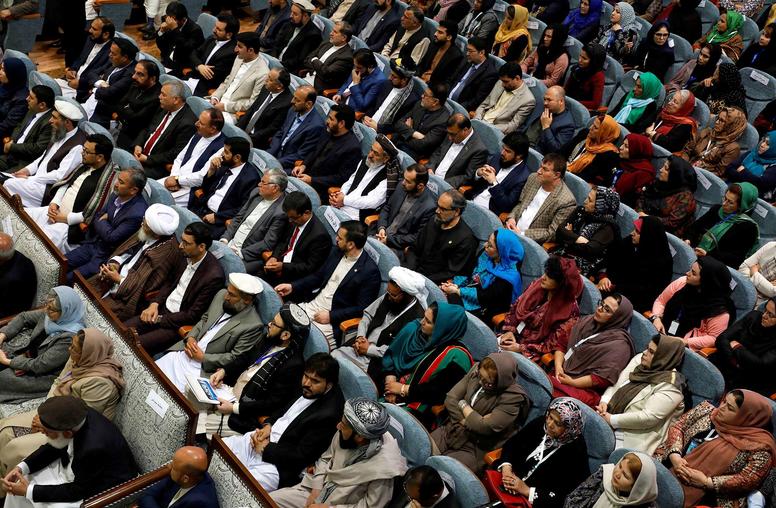
Loya Jirgas and Political Crisis Management in Afghanistan: Drawing on the Bank of Tradition
Many times over the past century, Afghan political elites have utilized a loya jirga, or grand national assembly, when they have needed to demonstrate national consensus. Based on traditional village jirgas convened to resolve local disputes, loya jirgas have been used to debate and ratify constitutions, endorse the country's position and alliances in times of war, and discuss how and when to engage the Taliban in peace talks. In light of the growing political uncertainty in Afghanistan, this report examines the strengths and weaknesses of the loya jirga as an institution for resolving national crises.
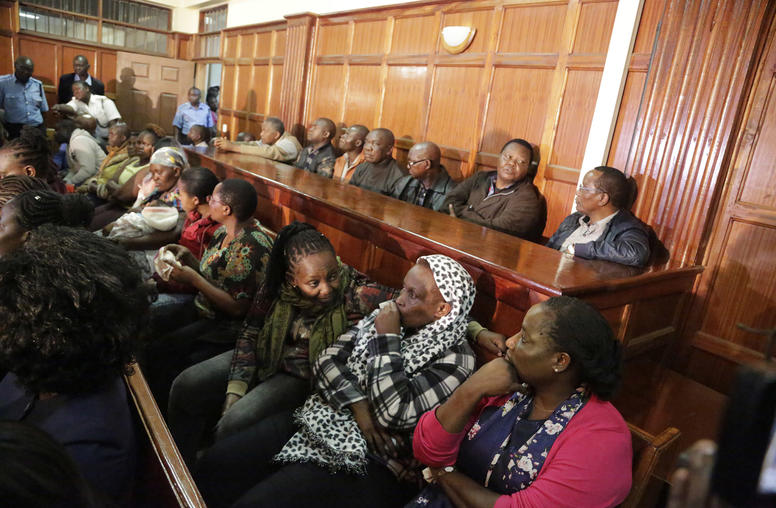
Conflict Prevention in Kenya: Combating Corruption through Nonviolent Action
The relationship between corruption and violent conflict is complex and significant. Corruption affects access to basic services, contributes to resource scarcity, and fuels organized crime. It was included on a European Commission checklist for the root causes of conflict, and it was cited as a potential driver of extremism in the 2019 report of the Task Force on Extremism in Fragile States. Focusing on several social movements in Kenya, this report reviews the efforts of collective civic action to combat corruption and advance transparency, accountability, and good governance.
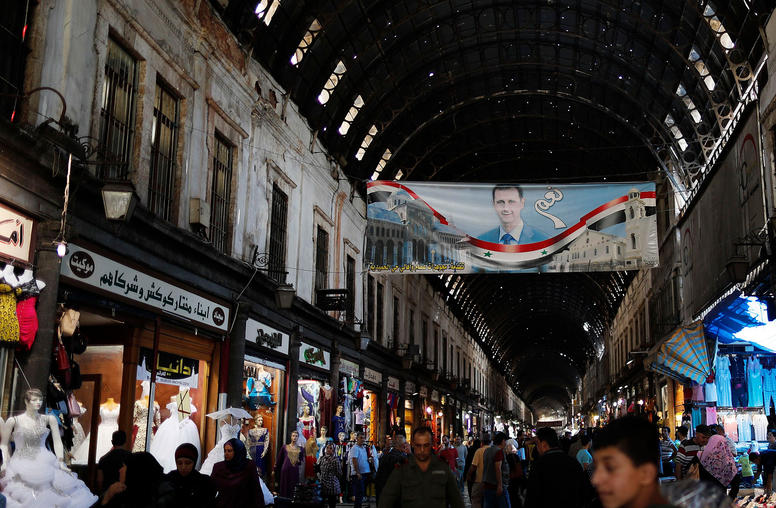
Syria Study Group Final Report
The United States cannot avoid or ignore the conflict in Syria. From the outset of hostilities, minimizing American involvement in the war and safeguarding U.S. national security interests have proven to be incompatible goals. This will remain the case for the foreseeable future. The essential question before American policymakers is not whether the United States should keep or with- draw its forces in Syria, but what strategy and mix of tools will best protect the United States from the conflict’s reverberations and advance American interests. This report sets out such a strategy.
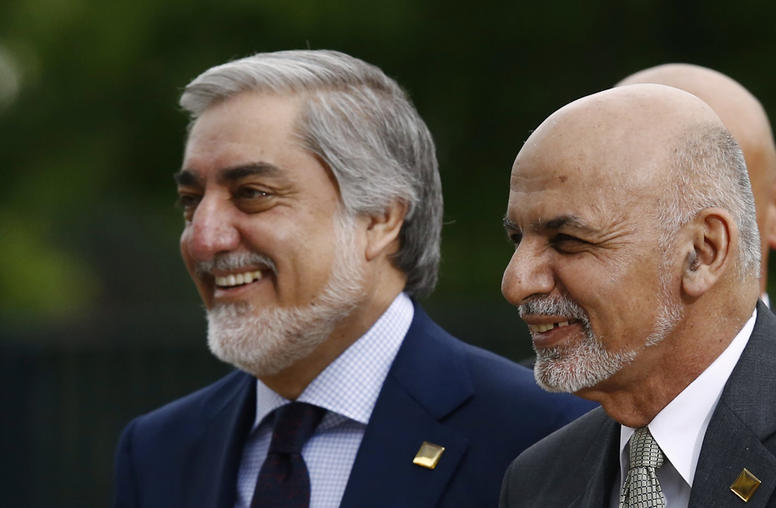
Negotiations, Continued: Ensuring the Positive Performance of Power-Sharing Arrangements
Most negotiated peace settlements since the 1990s have featured some aspect of power sharing, including those in Northern Ireland, Burundi, Bosnia, and Nepal. However, by freezing a sometimes unstable status quo, power sharing can create challenges to maintaining peace over the longer term as issues arise that rekindle enmity or create new suspicions among the parties. This report argues that power-sharing arrangements can be made more durable by providing robust forums, either permanent or ad hoc, that allow parties to resolve differences as they arise and to reaffirm their commitment to peace.